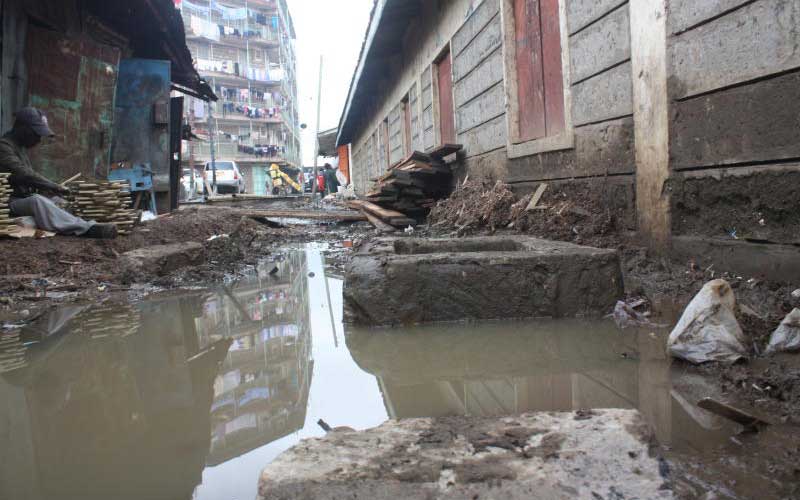×
The Standard e-Paper
Stay Informed, Even Offline

The Nairobi Water and Sewerage Company is set to upgrade its sewerage systems to prevent water leakages that cost the county millions in lost revenue.
In the 2019/2020 financial year, City Hall has set aside Sh362 million for the management of water and sewerage services.